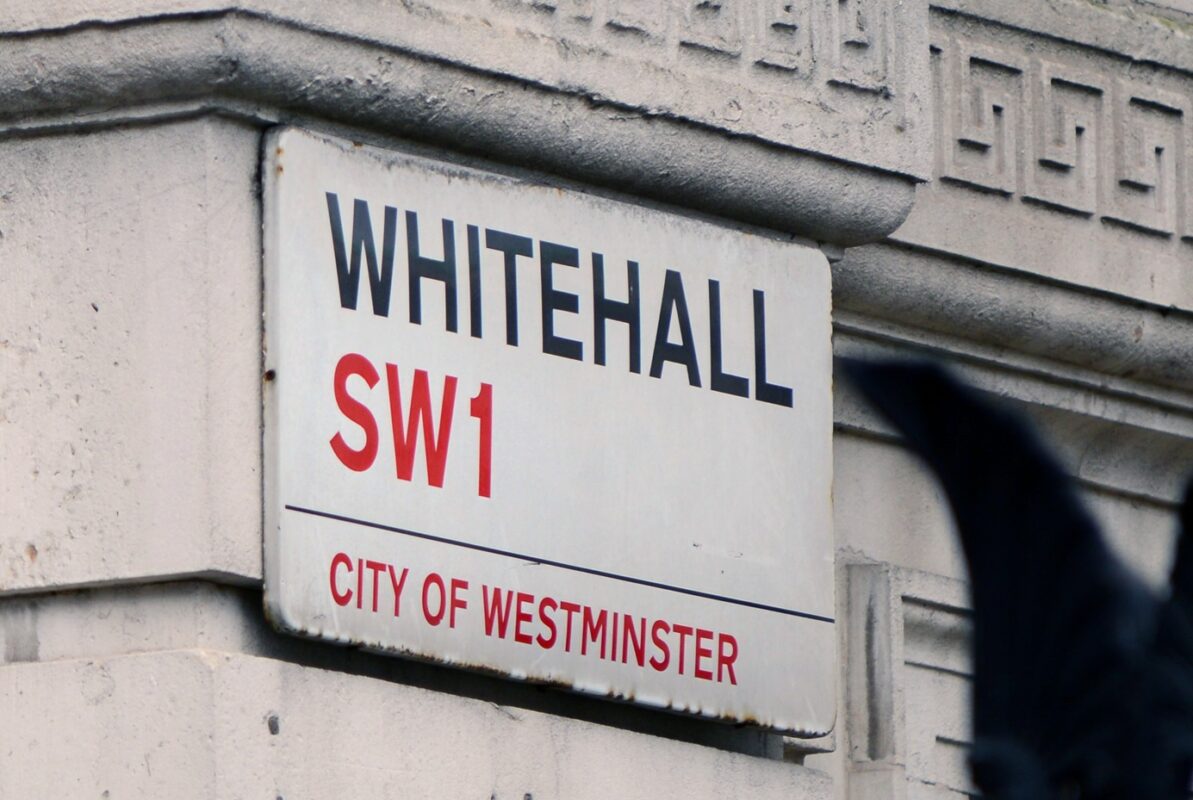
The UK government must set out a clear long term vision for the future of climate related policy to 2030 and beyond if investment is to be made in the UK, according to a forum of climate change investors.
The Institutional Investors Group on Climate Change (IIGCC) has published a guidance document at the request of the Department of Business, Energy and & Industrial Strategy (BEIS) to be used during the formation of the UK’s emissions reduction plan.
The group has set out five core principles which it claims will be needed from an investor’s perspective to ensure institutional finance is secured in the UK, beginning with stability and predictability for climate related policy.
It argues that the Climate Change Act must be supported with long term clarity of policy direction, which will become particularly important following the UK’s exit from the EU when uncertainty will need to be minimised.
Phillipe Desfosses, chief executive of French pension fund ERAPF and vice chair of IIGCC, said: “For pension funds and others investing for the long term, it’s vital the UK clarifies its decarbonisation ambitions to 2030 and as it leaves the European Union, but it must also start to envision how it plans to further raise ambition to drive additional decarbonisation to 2050 and beyond.”
IIGCC ‘s ‘An Investible Emissions Reduction Plan’ adds that this will need to be served by an “unequivocal” timetable under which BEIS should develop a comprehensive decarbonisation strategy to 2050, covering the requirements of the Paris Agreement.
This should include specific measures and targets for the power generation, buildings/heating and transport sectors so that investors have early knowledge of long term commercial and regulatory conditions when making investment decisions.
Stephanie Pfeifer, chief executive of IIGCC, said: “The UK government must provide a detailed and ambitious policy framework for climate action to 2030 focused on [these] three critical sectors if it is to realise its commitment to reduce carbon emissions by 57% on 1990 levels by 2030.”
IIGCC has also called for the government’s upcoming strategy to include robust carbon pricing to form the principal driver of long-term decarbonisation efforts.
Finally, the group suggest the plan must be consistent with national government climate targets, flexible enough to accommodate new and emergent technologies and be fully embedded as part of a long term industrial strategy and infrastructure development programme for the UK.
Pfeifer added: “Clarity and ambition to 2050 are essential if the UK wants to persuade pension funds and other major asset managers to mobilise the hundreds of billions in long-term capital required to ensure the UK can meet the targets set out under the Paris Agreement.”
Other members of the IIGCC also suggested that the need for some sort of public subsidy to be in place until at least 2030 should be accepted as necessary to support the “disruptive nature” of the transition to a low carbon energy system.
Outside of the five core suggestions Edward Mason, head of responsible investment for Church Commissioners for England, also called for the plan to support the roll out of charging stations and energy storage technology for electric vehicles.
He also claimed the plan must “set out to create a level playing field for new ultra-low emissions vehicles” and set “clear, durable” targets and incentives for low carbon vehicles.
Pressure has mounted on the government after it failed to deliver its emissions reduction plan by the end of 2016 when it was expected. The estimated publication has shifted throughout the following months, and is now expected as early in 2017 as possible.
Despite Nick Hurd, minister of state for climate change and industry, assuring the BEIS select committee that the plan would be published before the end of this month, it has yet to appear. James Heappey MP suggested it could be out as late as June, a timetable which was quickly shot down by BEIS.
However, Heappey also claimed the document had become known as the Clean Growth Plan, a claim which was again disputed by a BEIS spokesperson.
In the month since, parliamentary under-secretary of state for BEIS Jesse Norman has repeatedly referred to a Clean Growth Plan, as recently as last week during a fourth delegated legislation committee.

